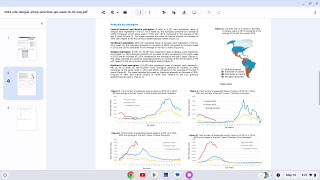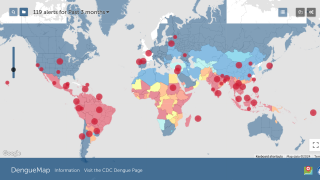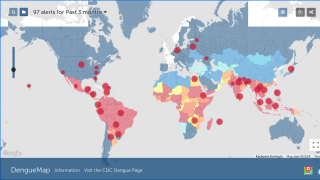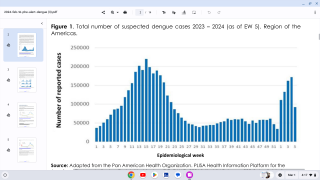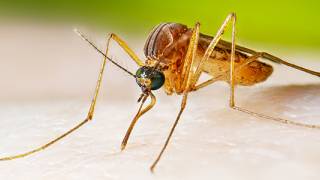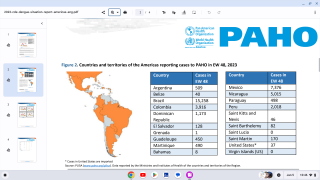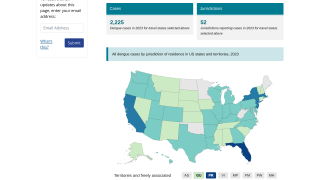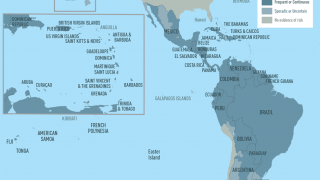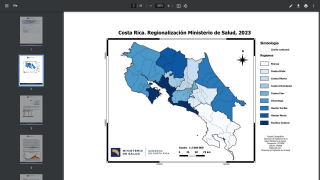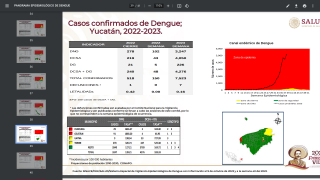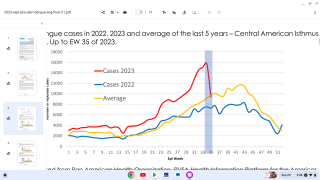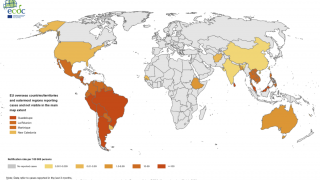Europe's Mosquito Concerns May Last Decades
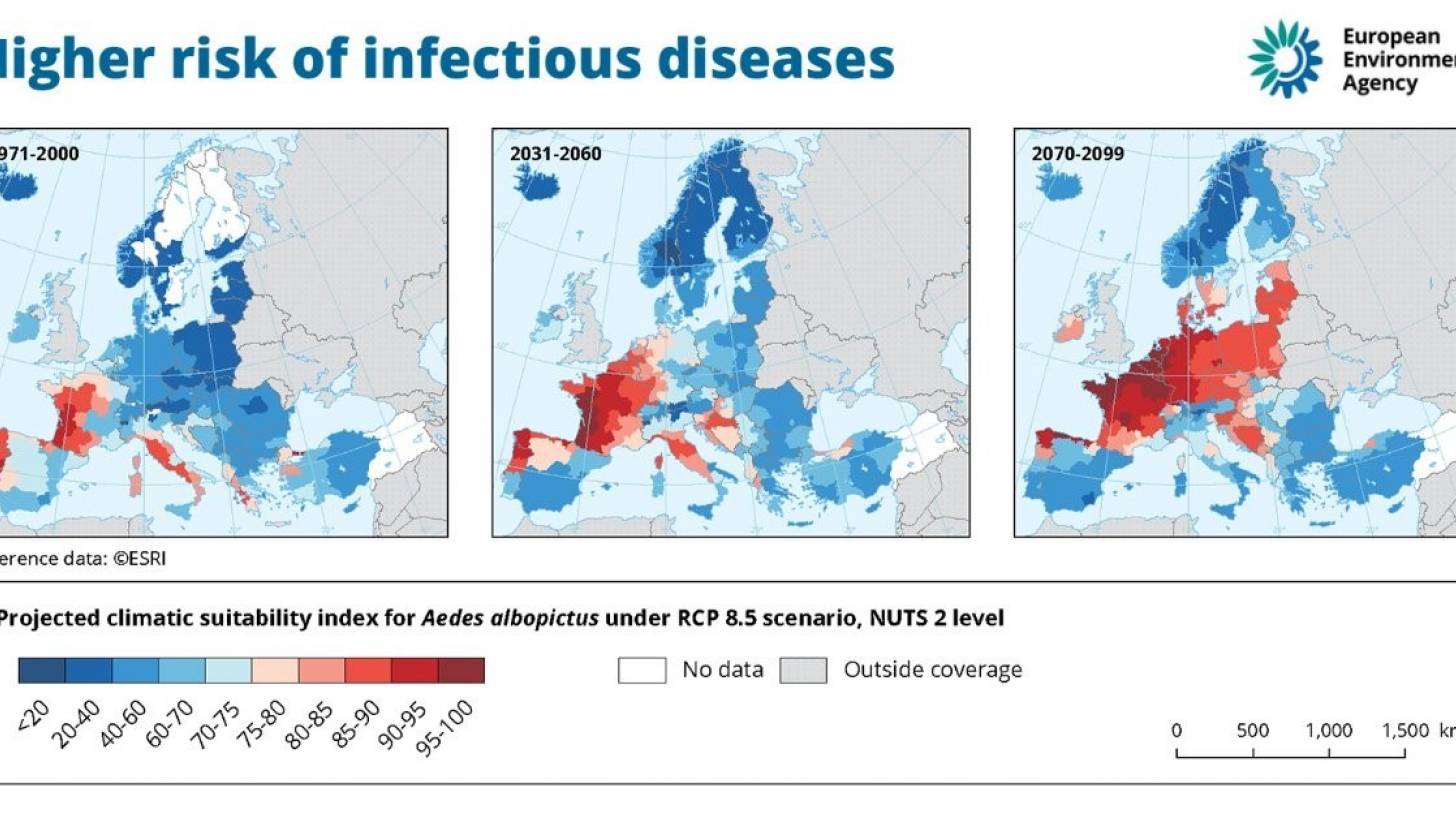
Europe is experiencing a warming trend where flooding is becoming more frequent and severe, and summers are getting longer and warmer.
According to the European Centre for Disease Prevention and Control (ECDC), this trend creates more favorable conditions for invasive mosquito species such as Aedes albopictus and Aedes aegypti.
Ten years ago, the Aedes albopictus mosquito was established in 8 EU/EEA countries, with 114 regions affected.
In 2023, the disease-carrying mosquito could be established in 13 countries and 337 regions.
For example, Dengue is a viral infection transmitted to humans through the bite of infected mosquitoes.
There were 71 cases of locally acquired Dengue recorded in mainland EU/EEA in 2022, equivalent to the total number of cases reported between 2010 and 2021.
Specifically, France (65 cases) and Spain (6 cases) reported locally acquired dengue cases.
The ECDC says the incidence of Dengue has grown dramatically around the world in recent decades.
“In recent years, we have seen a geographical spread of invasive mosquito species to previously unaffected areas in the EU/EEA,” said Andrea Ammon, ECDC Director, in a June 22, 2023 report.
“If this continues, we can expect more cases and possibly deaths from diseases such as Dengue, chikungunya, and Zika viruses. Efforts must focus on controlling mosquito populations, enhancing surveillance, and enforcing personal protective measures.”
With the latest data available, the new European Environment Agency (EEA) web product ‘‘Extreme summer weather in a changing climate: is Europe prepared?’ takes a deep dive into the main summer weather extremes.
A warmer climate means both endemic and invasive species can spread further north or be present at higher altitudes than in the past.
The climate suitability for the tiger mosquito is projected to increase in large parts of Europe, especially in Western Europe.
In 2022, the EEA published models forecasting mosquito populations indicating tiger mosquitoes could become established as far north as Ireland, Sweden, and the Baltic states by the end of the century.
There is an urgent need to upscale the implementation of adaptation measures such as heat-health action plans across Europe.
The implementation of measures in practice often happens at the subnational level. Over 4,500 cities, towns, and municipalities are signatories to the Covenant of Mayors for Climate and Energy, committed to action on adaptation, and more than 300 regions and local authorities have signed the Charter of the EU Mission for Adaptation to Climate Change.
Note: Europe recently approved the second-generation Dengue prevention vaccine QDENGA®.
Our Trust Standards: Medical Advisory Committee





